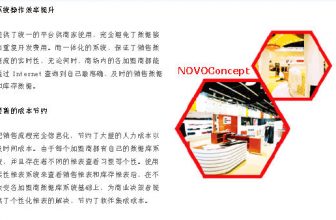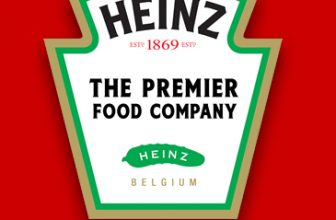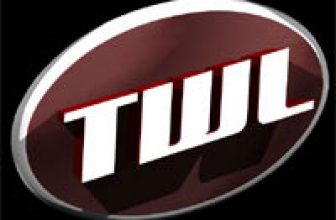
India’s largest retailer Reliance Retail prepares to adopt RFID
[ad_1]
Reliance Retail is one of India’s largest retailers and a subsidiary of India’s largest company Reliance Industries Group. Reliance is now testing RFID technology and plans to use the technology in the company’s department stores, supermarkets, electronic stores, and convenience stores. Reliance has installed data ports and wireless computer networks that support RFID systems in these stores.
“We are ready to apply RFID, just “plug and play,” said Rajan Luthra, deputy director of Reliance.
Luthra claims that the Indian retail market-excluding 12 million small retail stores-is growing at a rate of 35% per year. The market is currently about 300 billion U.S. dollars, and is expected to be 427 billion U.S. dollars in 2010 and 637 billion U.S. dollars in 2015. However, India’s infrastructure construction has not kept pace with the country’s economic development in recent years, which makes RFID more of a luxury application rather than a necessary measure to improve business processes.
However, despite facing various basic logistics and operational challenges (such as slow and unreliable cargo delivery by suppliers, lack of third-party logistics providers, and overall lack of organization in the supply chain), Luthra still believes that Reliance Retail can benefit from RFID technology. Benefit. The lack of infrastructure can be said to be an advantage for the adoption of advanced RFID solutions, Luthra said, because it is easier to build from scratch than to retrofit an existing system.
Reliance Retail has been focusing on the detailed business process design with one activity and one task as the unit, and then assessing whether the regionally large applications meet the application specifications. For example, Luthra said that RFID is an ideal tool to ensure that the retail process is operated in accordance with the rules and to monitor store activities. Although many Reliance partners have no experience or retail background in this area, the company still insists on implementing standardized business processes.

Reliance Industries
In 1999, Reliance Industries installed what is known as India’s first RFID-based enterprise smart card system. Its applications include attendance records, access control, tea and coffee vending machine services and electronic wallets, as well as biosafety identification functions. All companies in the Reliance Industries group have installed this system.
Reliance Retail has drafted a plan for RFID applications. The company has designed 5 RFID application scenarios, including the tracking of fresh food reusable containers; the tracking of high-value items at the item level or container level, and the labeling of containers for multiple types of products.
Reliance has completed a proof-of-concept test: using passive EPC Gen 2 UHF RFID tags to track containers of fresh food and high-value goods. The company achieved a 90% read rate, which also proved that RFID improves productivity while reducing errors in delivery and receipt of goods. Reliance recently launched a single-item and container-level tracking test for high-value goods between a distribution center and a digital store. This test item is still under evaluation.
Reliance is currently cooperating with a number of RFID hardware and tag suppliers, hoping to increase the tag reading rate, and plans to officially launch RFID applications after the test.
[ad_2]






